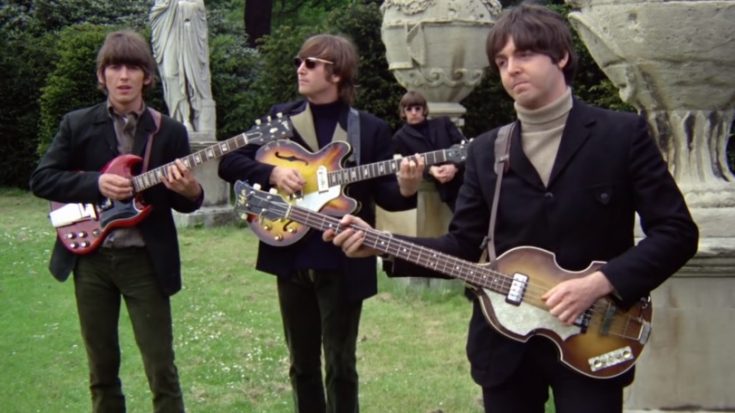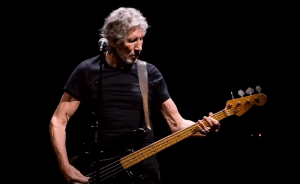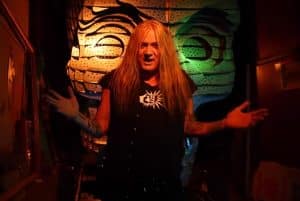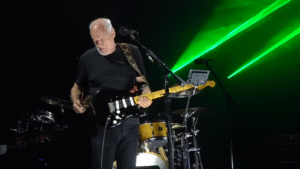Story | Behind The Song “Tomorrow Never Knows” By The Beatles

The Beatles - Youtube
“Tomorrow Never Knows”, from the 1966 album Revolver, marked a major turning point with the Beatles’ approach to making music. Instead of aiming to produce music that could be performed live, the band stuck with studio-only compositions with no intention of taking them to a live setting.
Written by John Lennon, the song is influenced by the book The Psychedelic Experience: A Manual Based On The Tibetan Book Of The Dead, a book by Timothy Leary/Richard Alpert/Ralph Metzner. According to Lennon’s biographer, Albert Goldman, he would read the book while tripping on LSD – even going as far as recording himself while doing so, and then playing it backward while writing the song.
The line “Whenever in doubt, turn off your mind, relax, float downstream” had Lennon dish out psychedelic imagery in conjunction with meditative references, which the band supplemented with eccentric sounds and was mixed with an experimental mindset. Paul McCartney recorded several tape loops of guitar sounds and vocals prior to the song’s studio session, even bringing in people to hold pencils for the tape to loop around as the instruments were faded in and out.
One droning chord was used to drive the song to stay true to that mystic feel thanks to Harrison’s employment of the tambura, an Indian stringed instrument. Lennon also passed the vocals through a Leslie speaker, citing the reason that he wanted the listener to hear the words without hearing him – recreating the Tibetan monk chant effect.
The first song to be recorded for the album, “Tomorrow Never Knows” was used by the band to close the album.












